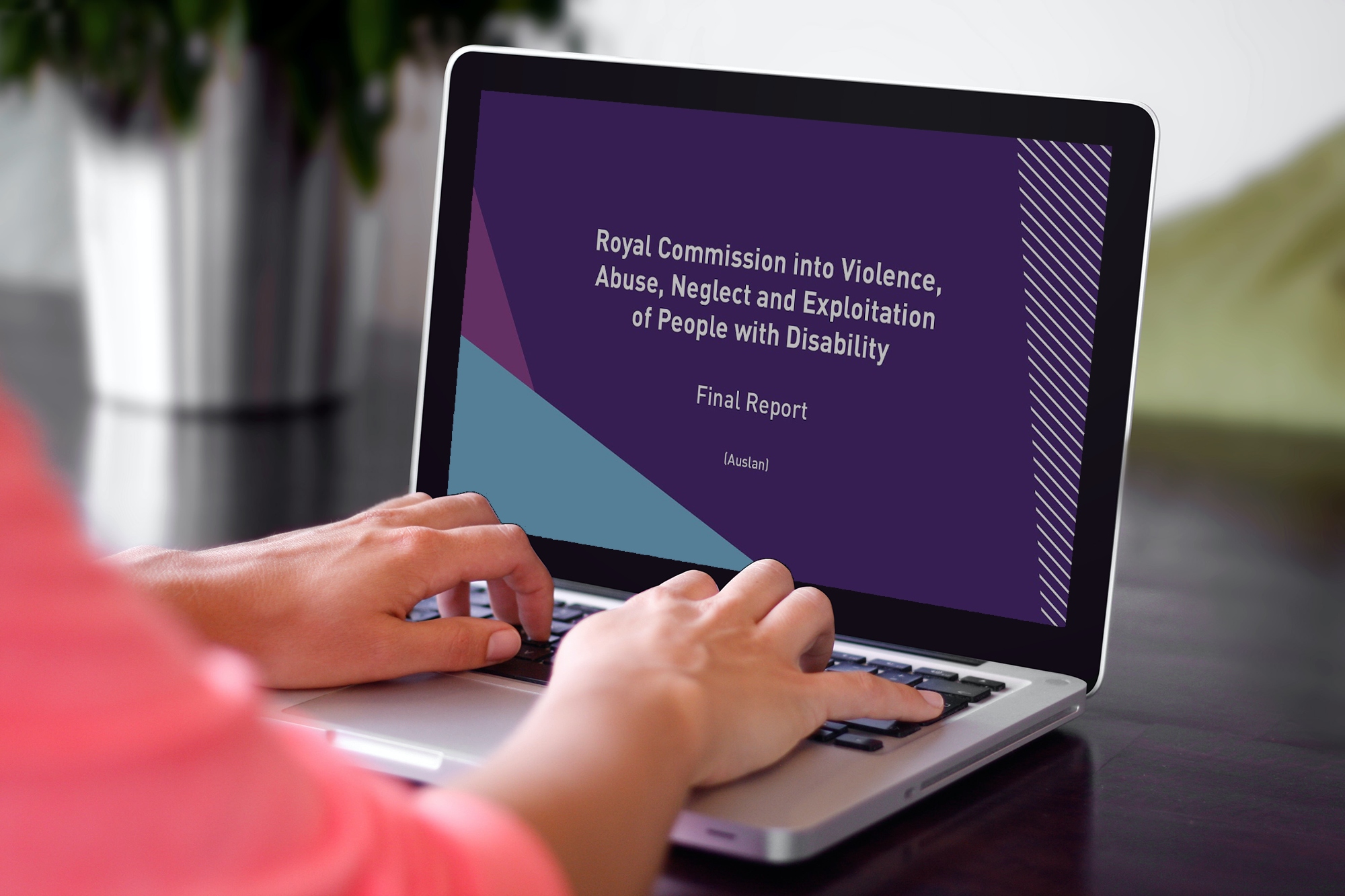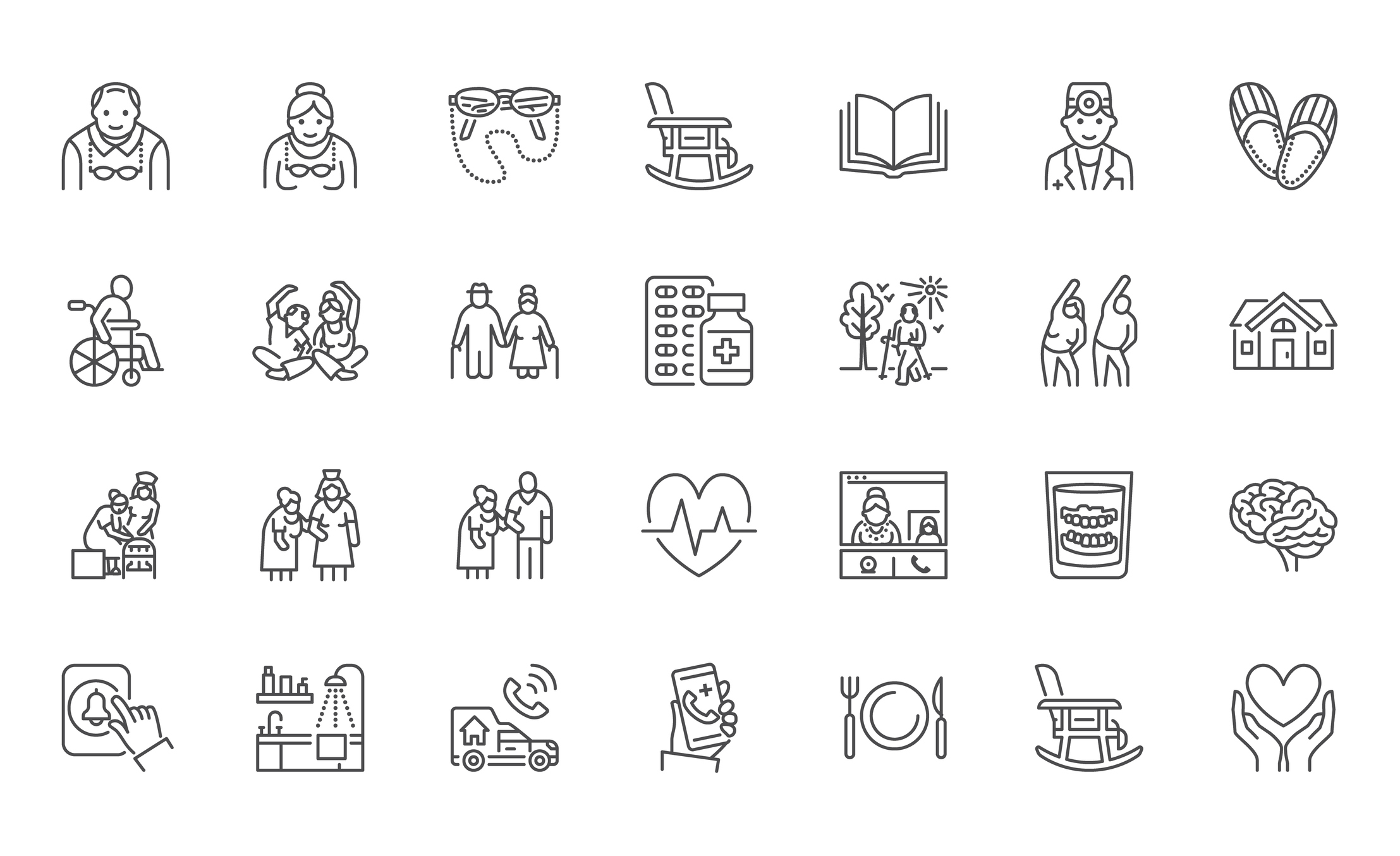The National Association of Services Against Sexual Violence (NASASV) is the peak body for specialist organisations who provide prevention and response services to people who are at risk of, or experience, sexual violence in Australia.
NASASV is committed to “addressing inequalities in society which perpetrate sexual violence whilst working collaboratively with service systems and communities to ensure that prevalence rates of sexual assault reduce”. NASASV’s vision is “to eliminate sexual violence and have a society free of all forms of oppression.”
In 2020-21, NASASV was engaged by the Commonwealth Department of Social Services to develop the third edition of the National Standards of Practice Manual for Services against Sexual Violence (the National Standards). The Third Edition supersedes the second, which was produced by NASASV in 2015.
About the specialist sexual violence sector
The National Standards apply to organisations that provide specialist sexual violence services. Working with victim-survivors of sexual violence requires complex and specialised knowledge and experience. Many victim-survivors have experienced multiple forms of abuse or multiple instances of abuse.
There is increasing understanding that the effect of multiple instances of abuse on an individual is cumulative, leading to victim-survivors often facing a range of physical and mental health difficulties. Specialist sexual violence services require knowledge of a range of associated issues, services and systems, some of which include:
- mental health;
- alcohol and other drugs;
- domestic and family violence;
- sexual health;
- legal systems, particularly criminal and family law;
- child protection;
- relationship issues;
- social security; and
- homelessness and housing.
Structure of the Standards
The ten standards in the previous version have been condensed into seven standards in the Third Edition:
- Valuing access for all clients;
- Valuing client experience at the service;
- Valuing sound clinical interventions;
- Valuing advocacy, collaboration and community engagement;
- Valuing staff;
- Valuing a stable organisation, good governance and effective systems; and
- Valuing innovation and quality improvement.
Each standard sets out the indicators of what needs to be in place for organisations to be “Meeting National Standards”, as well as additional indicators that demonstrate “Exceeding National Standards”.
All specialist sexual violence services should be meeting the National Standards, and organisations that want to work towards best practice can aim to exceed the National Standards. Responsibility for meeting each standard involves the organisation, as well as all staff, including clinical and counselling staff.
Each standard provides significant detail and context for the indicators that are required to demonstrate meeting and exceeding the standard.
Self-assessment now live in SPP!
We have developed seven self-assessments in SPP for NASASV’s National Standards, one for each standard. The seven self-assessments provide ease of management when following the National Standards, and allow you to provide qualitative comments about how you are meeting each standard at a more detailed level.
To take a closer look at the new self-assessments for the National Standards, log in to SPP.


